Everyone's Buying CNG Cars - Why?
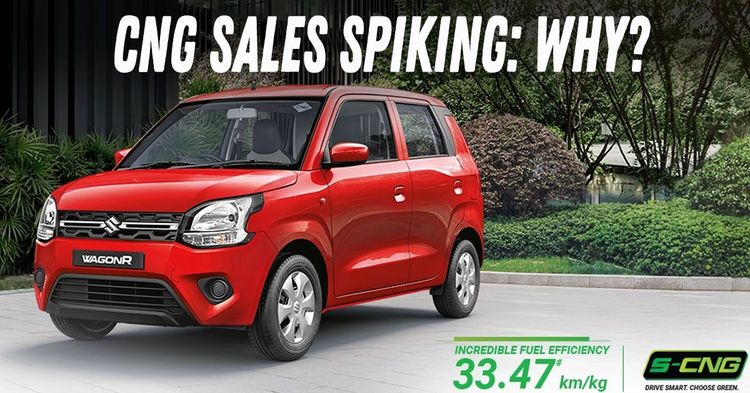

CNG vehicles are no longer a fringe choice in India. In fact, their market share in the passenger vehicle segment has seen a dramatic jump. From just 4.6% in FY20 to 16.2% in FY25 (April data). That’s more than a three-fold increase in just five years, according to industry sales figures. Petrol’s share, meanwhile, has dropped from 62.3% to 52.3% during the same period. And diesel? It's been steadily shrinking too, falling to 17.5%, down from nearly 30% a few years ago.
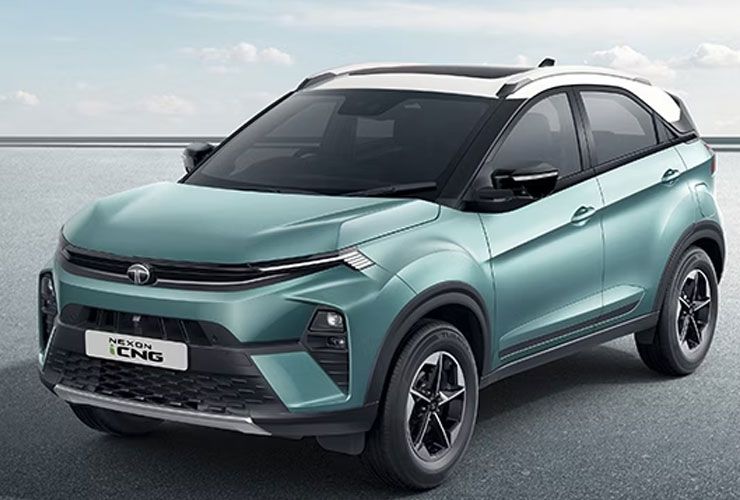
This steady climb of CNG is not just an incremental gain. It’s a structural shift. In April 2024 alone, over 44,000 CNG vehicles were sold, compared to just 17,500 in April 2019. The trend is no longer a blip. It’s a clear message: Indian buyers, particularly in the entry and mid-level segments, are increasingly favouring CNG over both petrol and diesel.
Five Reasons Why CNG Cars Are Gaining Ground
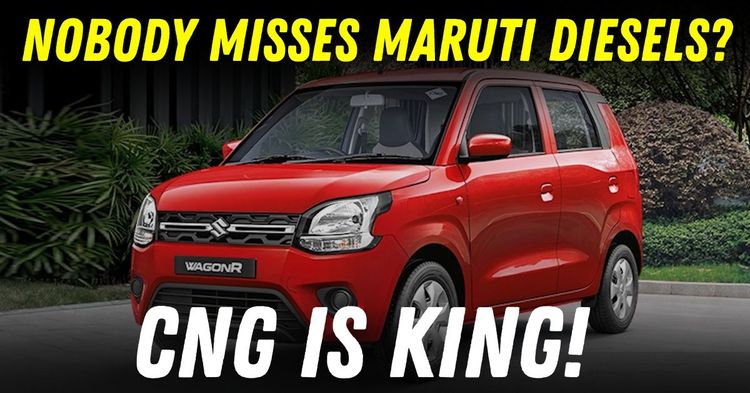
Diesel cars continue to be priced significantly higher than their petrol or CNG counterparts. As stricter emission norms increase the cost of diesel technology, buyers in the sub ₹10 lakh range are naturally gravitating towards CNG as a more affordable and cleaner option.
CNG cars fall under the same regulatory category as petrol, which means they’re typically allowed to operate for up to 15 years in most states. Diesel vehicles, especially in Delhi NCR, face registration restrictions after 10 years, making them a riskier long-term purchase.
Most factory-fitted CNG cars today come with petrol backup. This gives owners the best of both worlds. CNG for low running costs and petrol as a fallback when fuel stations are out of reach.
Even after recent hikes, CNG remains the cheapest per kilometre fuel. For instance, in Delhi, the running cost of a CNG car hovers around ₹2/km, compared to ₹6-7/km for petrol. For buyers driving over 1,000 km a month, the savings quickly add up.
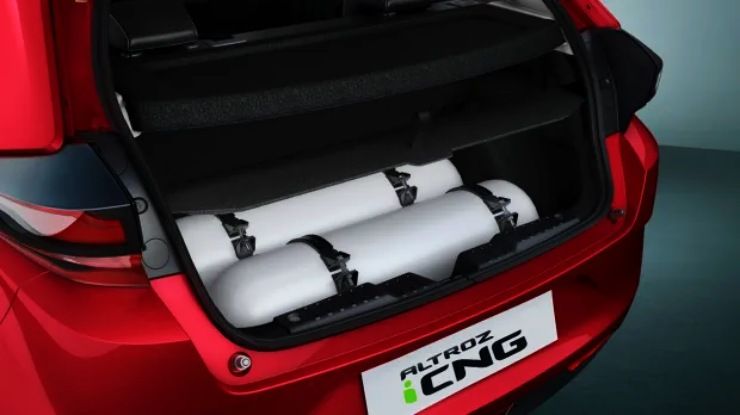
India now has over 6,000 operational CNG stations, with more being added every month. This expanded reach has made CNG a viable option not just in metros, but in Tier 2 and Tier 3 towns as well.
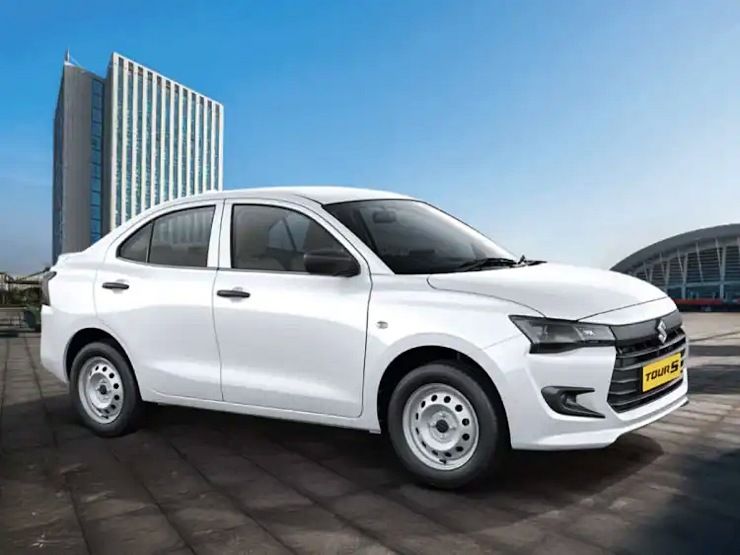
The lion’s share of CNG car sales comes from Maruti Suzuki, which holds over 70% of the CNG passenger vehicle market. From compact hatchbacks like the WagonR and Alto K10 to larger people movers like the Ertiga and XL6, Maruti has built a wide and affordable CNG portfolio.
However, the spike in CNG numbers isn’t purely driven by private buyers. Much of the volume growth is coming from the fleet and taxi segment, especially post-pandemic. Cab operators have found CNG to be the most economical way to maintain profit margins amid rising fuel prices and ride-hailing platform commissions.
Maruti, having discontinued diesel altogether, is positioning CNG as its core low-emission solution for budget-conscious and commercial buyers alike. The results are showing in the numbers, but that also skews the perception of mass consumer adoption.
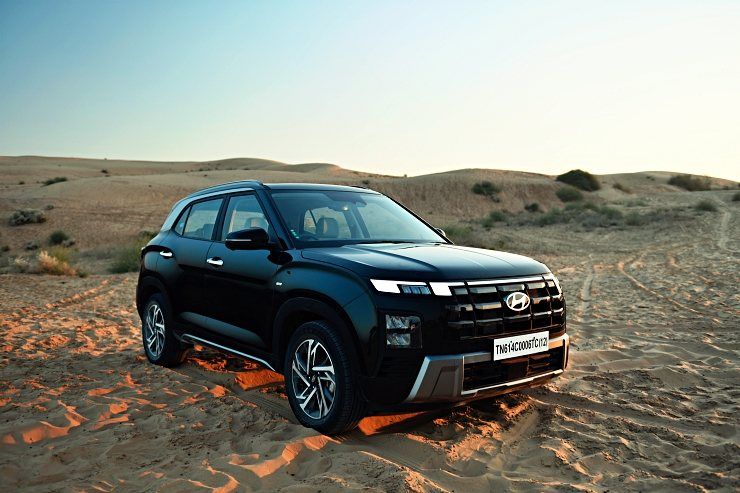
It may look like everyone is buying CNG cars, but a deeper look reveals that a significant chunk of demand is concentrated in a few states and use cases. Maharashtra, Gujarat, Delhi NCR, and parts of UP account for the majority of CNG infrastructure and sales. Buyers in states with fewer CNG stations still lean towards petrol or hybrid models.
Additionally, CNG adoption is stronger in segments below ₹12 lakh. In the mid-size SUV and premium sedan space, CNG remains absent. There, buyers continue to prefer petrol-turbo or hybrid powertrains that offer better performance or refinement.
What makes CNG appealing isn’t emotion or aspiration. It’s pure economics. For the typical buyer looking to keep monthly fuel bills in check, CNG remains unmatched. And with models like the Toyota Rumion, Hyundai Exter, and Tata Punch now offering CNG options, the ecosystem is expanding.
As long as infrastructure continues to improve and pricing remains favourable, CNG’s role in India’s passenger car market is set to grow. Though it may remain most relevant in entry-level and commercial segments rather than across the board.